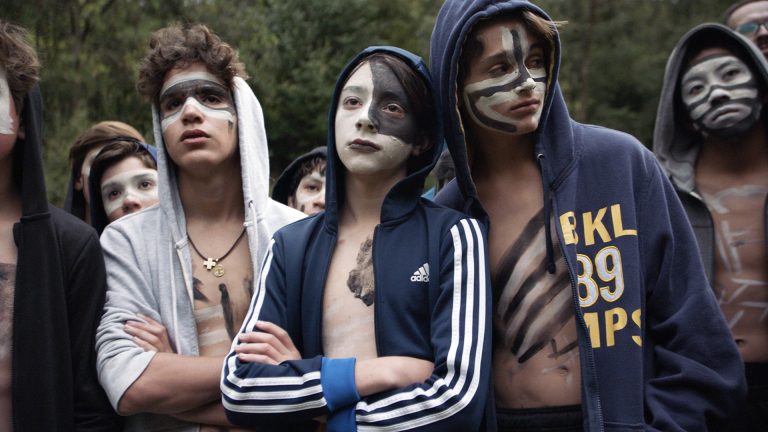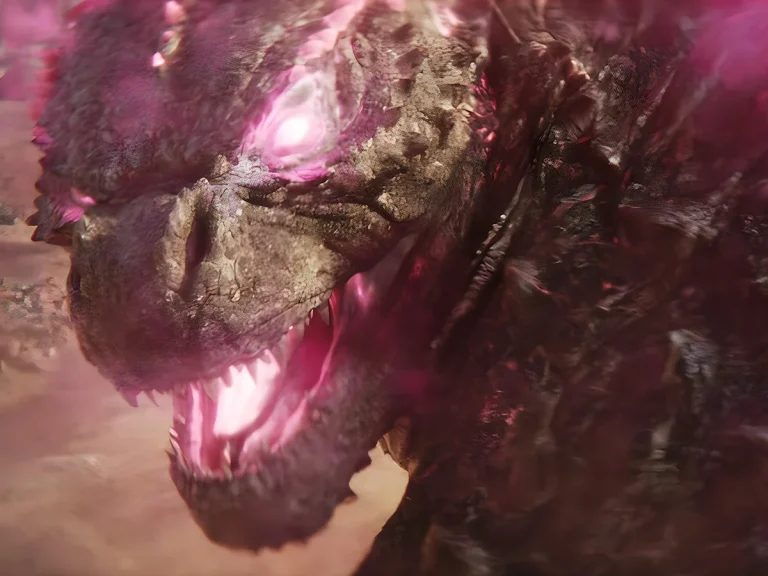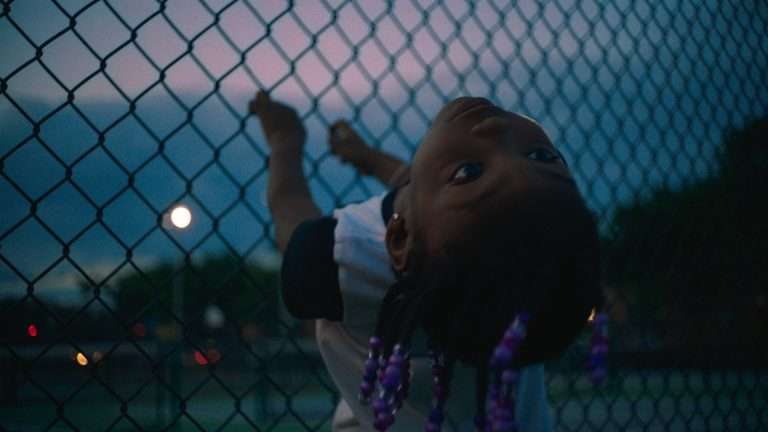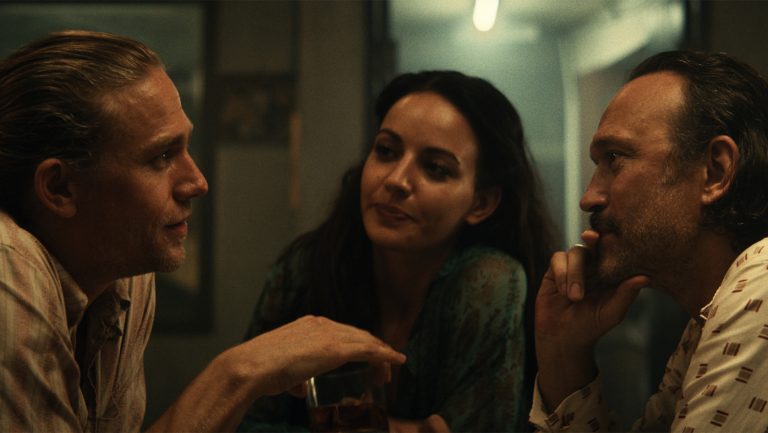History is often chronicled as a story of the “great men” who shaped it, which is usually a reductive piece of analysis. Even when considering that textbooks are written by the victors, those who have the greatest impact often don’t see the fruits of their work within their own lifetimes.
Those who desire greatness itself may find that there’s only notoriety in attempting to be remembered, but those associated with evolution often succeed thanks to the work of many generations. The fractured relationship between ambition and influence is at the heart of “Death by Lightning” (TV Mini-Series, 2025), which makes a compelling case for its own profundity in highlighting an under-discussed period in American history.
Eight United States Presidents died while in office, with half of them killed by assassins. While the political backlash that surrounded the death of Abraham Lincoln and the conspiratorial controversy spurred by John F. Kennedy’s killing have been the subject of much literature, President James A. Garfield has not exactly become a household name.
Garfield was killed six months into his Presidency by the disgruntled office-seeker Charles J. Guiteau, but the road that led to this infraction was far more curious than a standard historical summation would suggest. Garfield was a leader who had power hoisted upon his shoulders, whereas Guiteau found that his efforts to install change were unwanted.
“Death by Lightning,” which is divided into four chapters for its Netflix release, follows the odd parallels between these two defiant men. Garfield, played brilliantly by the great Michael Shannon, is a modest war hero and member of the United States House of Representatives who only attracted the interest of higher-ups within the Republican Party when he spoke on behalf of John Sherman (Alistair Petrie), who had previously served as the Secretary of the Treasury under President Rutherford B. Hayes.
Although Garfield did not seek office, his charisma and clarity of vision led to a groundswell of support within the party, who discarded both Sherman and his rival Roscoe Conkling (Shea Whigham) in favor of his ticket.
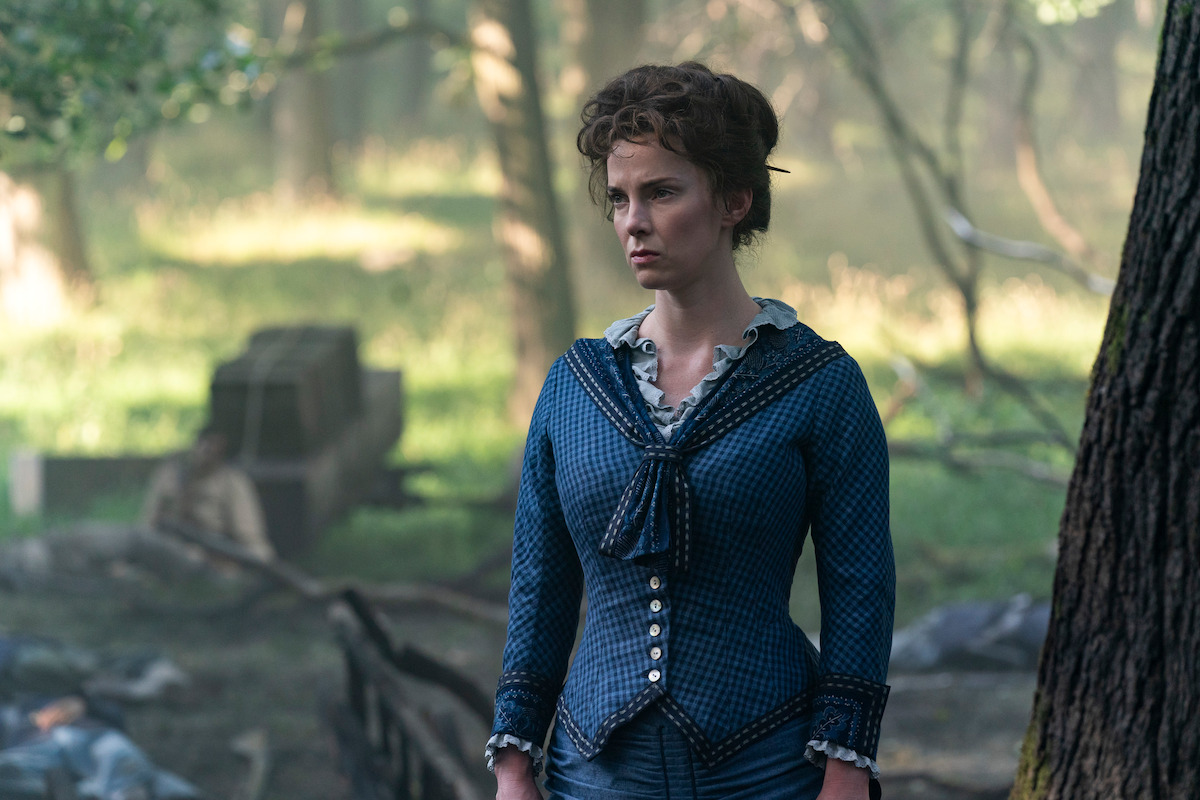
Also Read: The 10 Best Miniseries of 2023
If Garfield’s life is one of continuous hard work and dignity, then Guiteau’s was one of charade and scandal. Played deviously by Matthew MacFadyen, whose glint of mischief perfectly captures the larger-than-life self-mythologizer, Guiteau had survived involvement in a religious cult and parental abuse to become a thief, charlatan, and counterfeiter.
Although Guiteau had never worked a hard day in his life, he sought greatness in politics by offering his services to both Garfield and James G. Blaine (Bradley Whitford), a statesman and member of the Radical Republicans movement. In a bitter piece of irony, Guiteau is inadvertently ignored and snubbed by Garfield before he realizes that the unexpected President is just a man.
“Death by Lightning” doesn’t have the overreaching dullness of many Netflix limited event programs, as it managed to carefully outline its story into just four episodes. Although there are times in which a greater understanding of contextual events may have been a benefit, “Death by Lightning” succeeds in snapshotting the unexpected instances in which these men were spurred towards their destinies.
There’s no lack of detail in breaking down the complexities of the antebellum era and the kerfuffles of the post-Lincoln Republican Party, but “Death by Lightning” isn’t beyond using snappy dialogue and memorable needle drops in order to make the material more palatable. Mike Makowsky, who also penned the underrated HBO biopic “Bad Education,” has written another exhilarating script that finds an intriguing angle to approach history.
The push-and-pull between Guiteau and Garfield, who only interact twice over the course of the series, is based on the unusual mechanics of power. Garfield may have initially refused power, but he later finds himself overwhelmed and frustrated by his burdens. Although he had launched himself on a platform of unity and support for Black Americans, a majority of his reign was spent combating corruption within his own party.
Conversely, Guiteau was so obsessed with gaining an audience with those he admired that he never got the chance to fashion the parameters of his platform. Makowsky’s dialogue is slick and often quite powerful. Garfield is a man of few words who managed to say a great deal, whereas Guiteau was a gregarious figure who was devoid of insight.
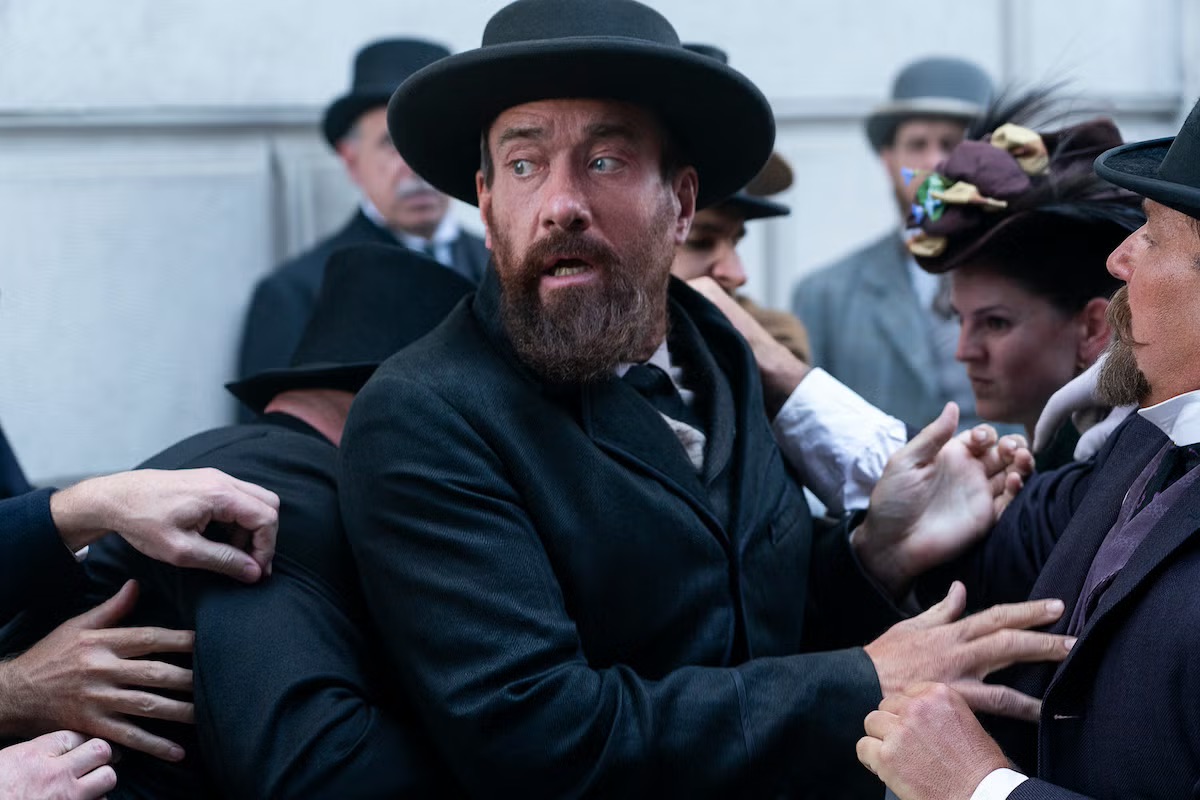
Check Out: The 15 Best Netflix Original TV Shows
Shannon is truly remarkable as a pensive, earnest paternal figure, and shows a degree of sensitivity that’s been absent in his filmography since “Take Shelter” and “Midnight Special.” There’s no secret code needed to make historical dialogue sound realistic, but Shannon implored a traditional rhythm of speech that helped “Death by Lightning” avoid feeling like dinner theater.
MacFadyen’s sensibilities are more modern, as Guiteau is clearly a parallel to the type of obsessive fan who feels that they’ve developed a legitimate relationship with their idol. In this sense, the feeling that he’s out of time and place is effective in turning Guiteau into the ultimate outsider.
“Death by Lightning” has the benefit of a terrific ensemble cast, with many actors breathing personality and character into historical figures who are comparatively less significant. Nick Offerman gives another strong dramatic performance (following his Emmy-winning turn on “The Last of Us”) as Chester Arthur, the Vice President to Garfield, who found himself taking over the role of commander-in-chief. Although the characterization begins slightly broad, “Death by Lightning” makes a notable choice in attempting to redeem Garfield in the eyes of history, even if it notes his inefficiencies.
The entertainment industry may have reached the point at which prestige television has surpassed cinema as the preferred medium to tell stories for adults, as commercial moviegoing has become dominated by superheroes, franchises, and video game adaptations. “Death by Lightning” may have been a movie had it been developed even a decade ago, but the limited series approach gives it just enough time to both carve a unique slice of historical ambiguity and tie into recent events. Although the line between film and television has been blurred, “Death by Lightning” is unquestionably a triumph in American storytelling.



